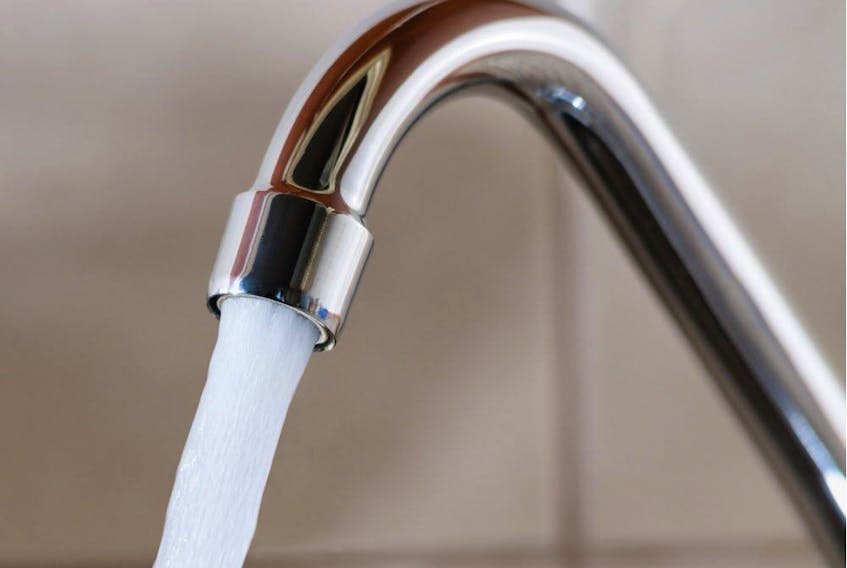The two First Nations on P.E.I. are not prepared – at least for now — to dive into an agreement that could pave the way to transfer water and wastewater services for First Nations communities in Atlantic Canada.
Epekwitk First Nation Chief Junior Gould and Lennox Island First Nation Chief Darlene Bernard were involved in preliminary discussions through the Atlantic Policy Congress but have not committed to being a participant in the recently announced Atlantic First Nations Water Authority.
The P.E.I. First Nations, notes the chiefs, have water issues that are unique to the province and the band councils are still trying to determine if it makes sense to be a participant in a regional authority.

Indigenous Services Minister Marc Miller and the Atlantic First Nations Water Authority (AFNWA) announced the signing of a framework that looks at transferring water and wastewater services for 15 First Nations communities, including Epekwitk and Lennox Island, from Indigenous Services Canada to AFNWA.
The framework agreement outlines the negotiation process and the roles and responsibilities for all parties to transfer responsibility over the control and management of water and wastewater services. The agreement advances a new First Nations-led service delivery model and represents a step towards self-determination and greater control of First Nation services delivery by First Nations.
“We are excited by the progress the AFNWA has made and the significance this agreement represents," says Potlotek First Nation Chief Wilbert Marshall, who is chairman of the authority.

“We are well positioned for success with a utility established by First Nations, for First Nations. There is still much work to do, but we look forward to continuing the relationship with the Government of Canada to achieve our long-term goals.”
Once the transfer is complete, the AFNWA will assume responsibility and liability for water and wastewater services to more than 4,500 households and businesses on reserves. This represents about 60 per cent of First Nations that live on reserves in Atlantic Canada.
“Canada and the Atlantic First Nations Water Authority are taking an important step to renew the relationship with Indigenous peoples by putting control of essential services delivery rightly into their hands," says Miller.
“This First Nations-led initiative directly supports the advancement of self-determination for communities while strengthening control and management of water and wastewater infrastructure on reserves.”









